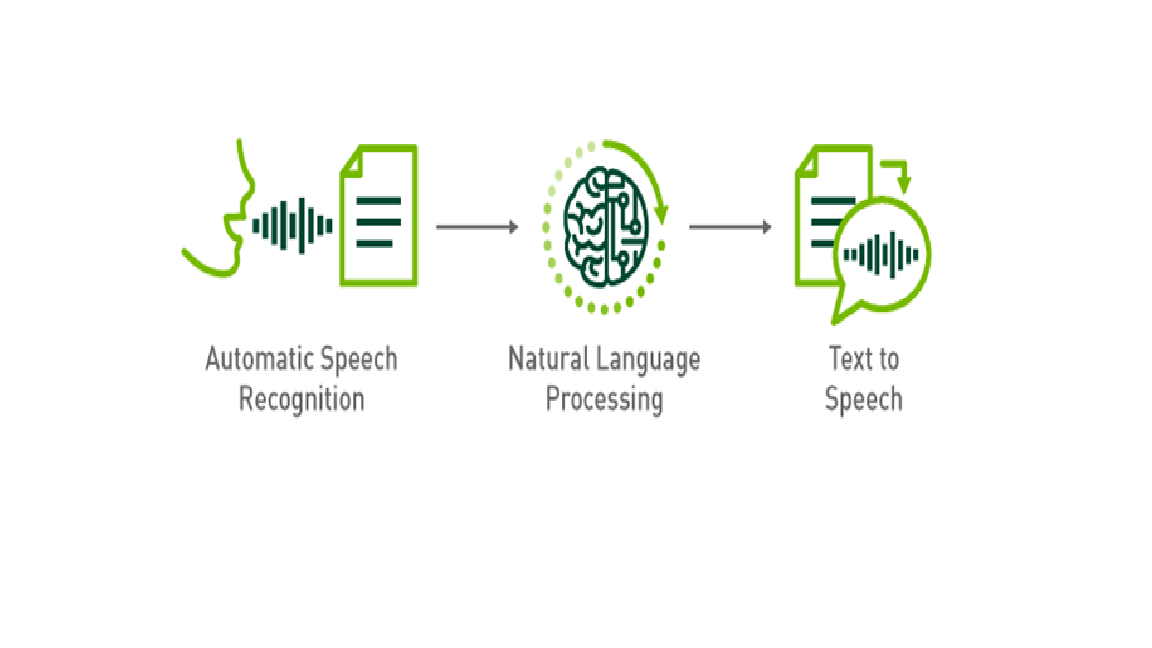Natural Language Understanding in Virtual Assistants: Advances and Challenges
Main Article Content
Abstract
Natural Language Understanding (NLU) is a critical component of modern virtual assistants, enabling them to interpret, process, and respond to human language effectively. Recent advancements in deep learning, particularly the integration of large language models (LLMs), have significantly improved virtual assistants' ability to comprehend user intent, manage contextual understanding, and generate human-like responses. These improvements have enhanced their applications across various domains, including customer service, healthcare, and personal assistance. However, several challenges remain, including ambiguity in natural language, maintaining coherence over multi-turn interactions, and balancing flexibility with accuracy. Moreover, concerns related to explainability, bias, and data privacy pose additional obstacles to the widespread adoption of NLU-driven virtual assistants. This paper provides an in-depth analysis of the latest advancements in NLU for virtual assistants, explores the ongoing challenges, and discusses potential future directions for improving their reliability, efficiency, and user experience.
